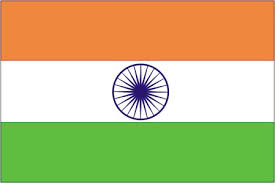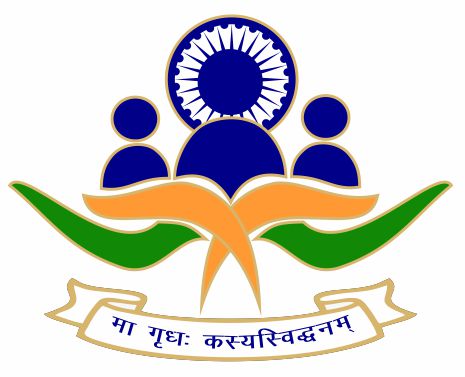Introduction
The Lokpal is the first institution of its kind in independent India,established under the Lokpal and Lokayuktas Act 2013 to inquire and investigate into allegations of corruption against public functionaries who fall within the scope and ambit of the above Act.
The Lokpal of India is committed to address concerns and aspirations of the citizens of India for clean governance. It shall make all efforts within its jurisdiction to serve the public interest and shall endeavor to use the powers vested in it to eradicate corruption in public life.
India is a signatory to the United Nations Convention against Corruption.The commitment of the Government to provide clean and responsive governance is reflected in passing of the legislation and creation of the body of Lokpal, to contain and punish acts of corruption.
This is what the then Secretary General of United Nations has had to say on the adoption of the resolution by the Member States:
"Corruption is an insidious plague that has a wide range of corrosive effects on societies. It undermines democracy and the rule of law, leads to violations of human rights, distorts markets, erodes the quality of life and allows organized crime, terrorism and other threats to human security to flourish. This evil phenomenon is found in all countries – big and small, rich and poor – but it is in the developing world that its effects are most destructive. Corruption hurts the poor disproportionately by diverting funds intended for development, undermining a Government’s ability to provide basic services, feeding inequality and injustice and discouraging foreign aid and investment. Corruption is a key element in economic underperformance and a major obstacle to poverty alleviation and development."




